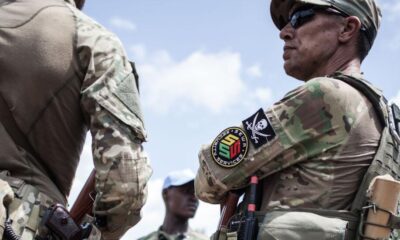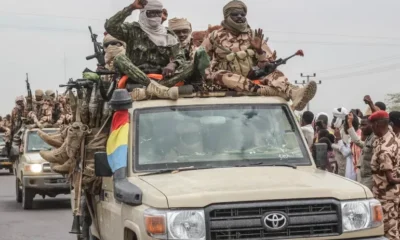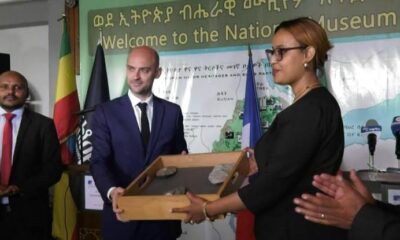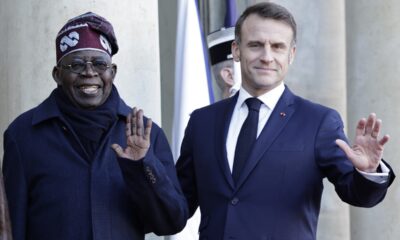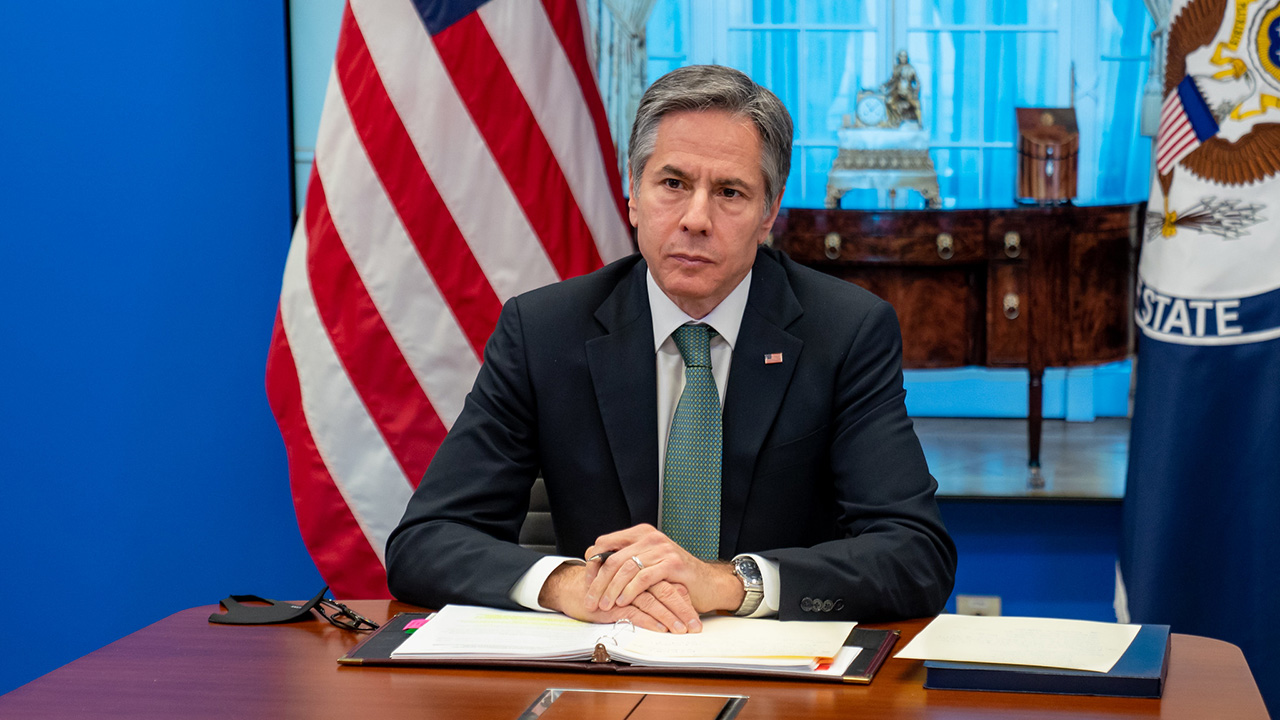Mali has continued to enjoy military support from Russia despite being at the detriment of its relationship with France. The West African country has received two more combat helicopters and surveillance radars on a Russian cargo flight.
The two new helicopters make it eight known helicopters that Moscow has provided under closer ties forged by colonels who seized power in 2020.
A source in the defense ministry said four similar deliveries were expected over the next three months.
“This is the manifestation of a very, very fruitful partnership since we started to work with the Russian state again,” said Oumar Diarra, Chief of the General Staff of the Malian Armed Forces.
The objective of everything we do at the level of the General Staff of the Armed Forces is to work to keep our autonomy to be able to defend our territory in an autonomous way.
The Mali War started in January 2012 between the northern and southern parts of Mali in Africa with several insurgent groups, Jihadist and separatist fighters with affiliations with Al-Qaeda and the Islamic State group began fighting a campaign against the Malian government for independence or greater autonomy for northern Mali, which they called Azawad. The National Movement for the Liberation of Azawad (MNLA), an organization fighting to make this area of Mali an independent homeland for the Tuareg people, had taken control of the region by April 2012.
Meanwhile, the French army officially handed over the keys of the Gossi base in northern Mali to the Malian armed forces (FAMA) on Tuesday, a major step in the departure of the Barkhane anti-jihadist force from the country.
Until recently, the relationship between Mali and France seems smooth with French-led military intervention ousting jihadists who were taking control of northern Mali but the relations have deteriorated with Mali’s new military leaders, who seized power in a 2020 coup.
Also, recall that Malian authorities announced plans last month to suspend broadcasts by French state-funded international news outlets RFI and France 24 amid accusations of reporting “false allegations”.

 VenturesNow1 day ago
VenturesNow1 day ago
 Musings From Abroad1 day ago
Musings From Abroad1 day ago
 Metro2 days ago
Metro2 days ago
 Metro12 hours ago
Metro12 hours ago



